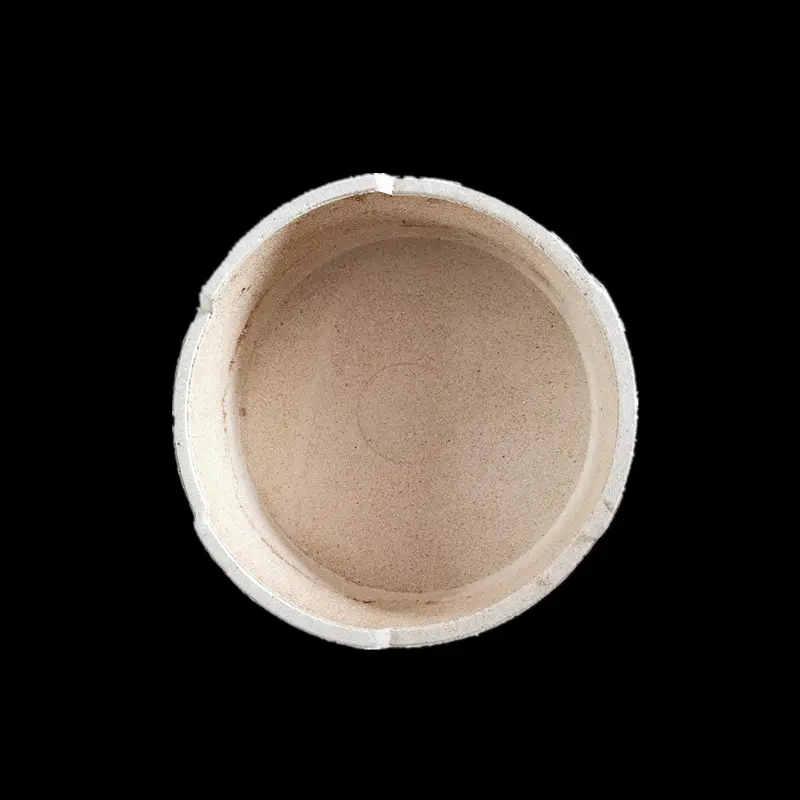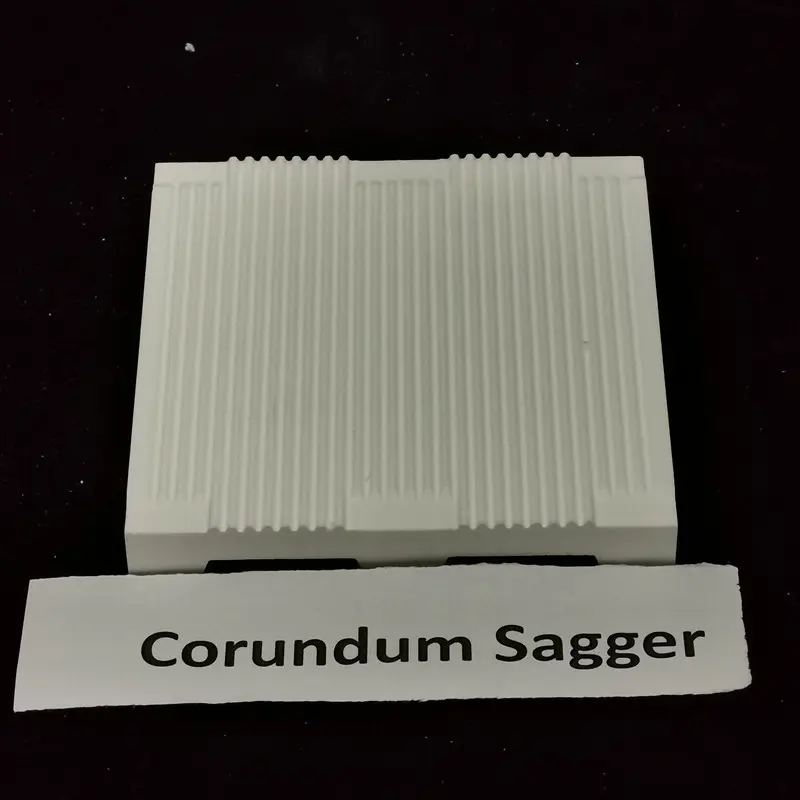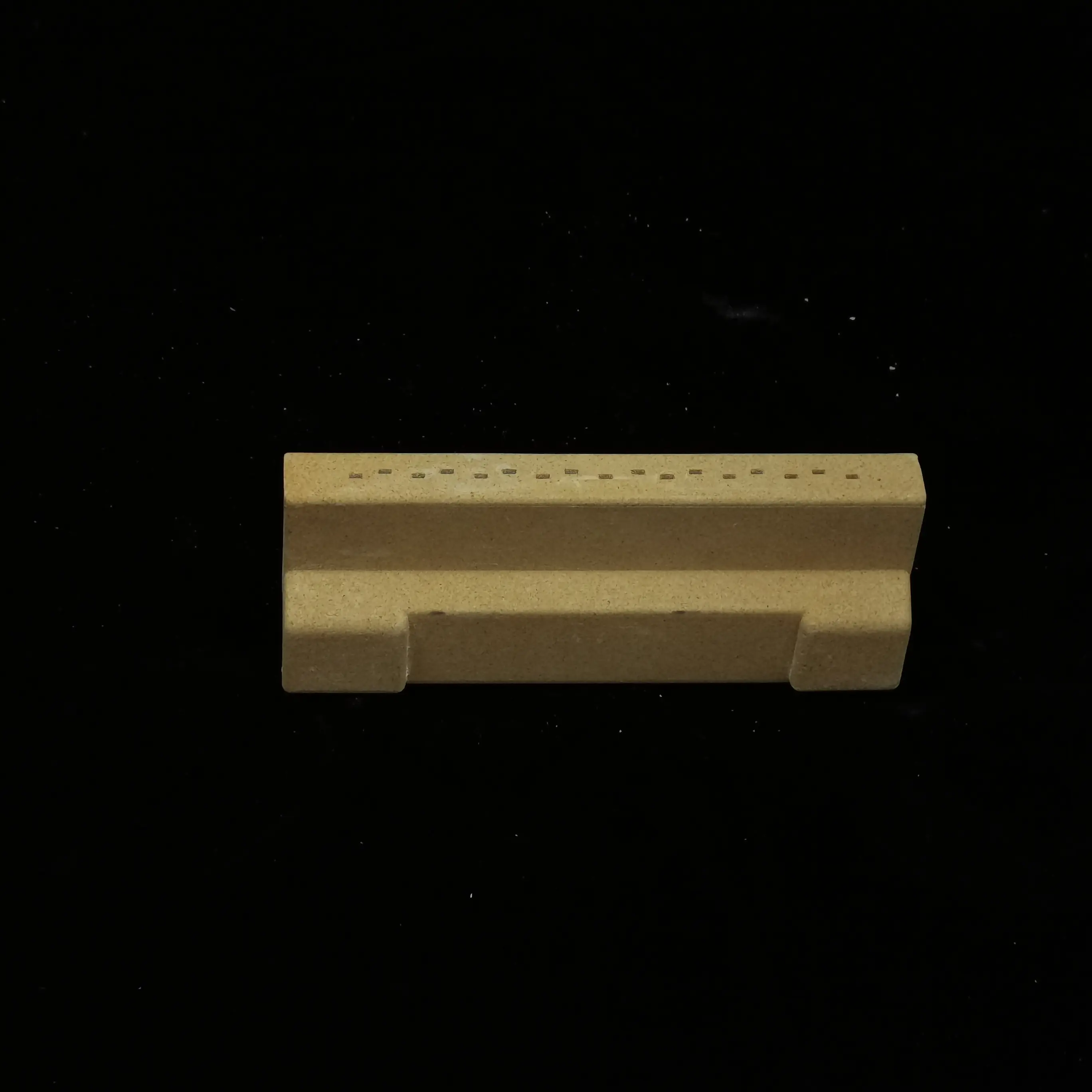High Thermal Stability high temperature resistance mullite ceramic washer for heating use
Advantages of Mullite Ceramics
-
High Thermal Stability: One of the most notable advantages of mullite ceramics is their ability to withstand high temperatures without deforming or losing structural integrity. Mullite can maintain its properties at temperatures exceeding 1600°C, making it ideal for applications in high-temperature environments, such as kilns and furnaces.
-
Low Thermal Expansion: Mullite exhibits a low coefficient of thermal expansion, which means it does not expand or contract significantly with temperature changes. This property is crucial in applications where dimensional stability is essential, such as in refractory linings and thermal barriers.
-
Excellent Mechanical Strength: Mullite ceramics possess high mechanical strength, which allows them to endure significant stress and load without fracturing. This strength is particularly beneficial in structural applications, where durability and reliability are paramount.
-
Chemical Resistance: Mullite is resistant to various chemical agents, including acids and alkalis. This resistance makes mullite ceramic products suitable for use in harsh chemical environments, such as in chemical processing plants and laboratories.
-
Electrical Insulation: Mullite ceramics are excellent electrical insulators, making them ideal for applications in the electronics industry. They can be used in insulators, substrates for electronic components, and other applications where electrical conductivity must be minimized.
-
Lightweight: Compared to other ceramic materials, mullite is relatively lightweight, which is advantageous in applications where weight reduction is critical, such as in aerospace components and automotive parts.
Uses of Mullite Ceramics
-
Refractories: Mullite ceramics are widely used in the production of refractory materials, which are essential for lining furnaces, kilns, and reactors. Their ability to withstand high temperatures and thermal shock makes them ideal for these applications.
-
Aerospace Components: In the aerospace industry, mullite ceramics are utilized for thermal protection systems and components that require high-temperature resistance and low weight. Their thermal stability and mechanical strength contribute to the safety and efficiency of aerospace vehicles.
-
Electrical Insulators: Mullite is commonly used in the manufacturing of electrical insulators due to its excellent insulating properties. These insulators are crucial in various electrical applications, including power transmission and distribution systems.
-
Ceramic Tiles and Sanitary Ware: Mullite is also used in the production of ceramic tiles and sanitary ware, where its aesthetic appeal and durability are highly valued. The low porosity of mullite ceramics contributes to the longevity and ease of maintenance of these products.
-
Biomedical Applications: Emerging research indicates that mullite ceramics may have potential applications in the biomedical field, particularly in bone grafts and implants due to their biocompatibility and mechanical properties.
-
Catalysts and Catalyst Supports: Mullite ceramics can serve as supports for catalysts in chemical reactions, enhancing the efficiency and effectiveness of various industrial processes.
In conclusion, mullite ceramic products offer a plethora of advantages, including high thermal stability, low thermal expansion, excellent mechanical strength, and chemical resistance. These properties make them suitable for a wide range of applications across various industries. As technology advances, the potential uses of mullite ceramics are likely to expand, further solidifying their importance in modern manufacturing and engineering.





